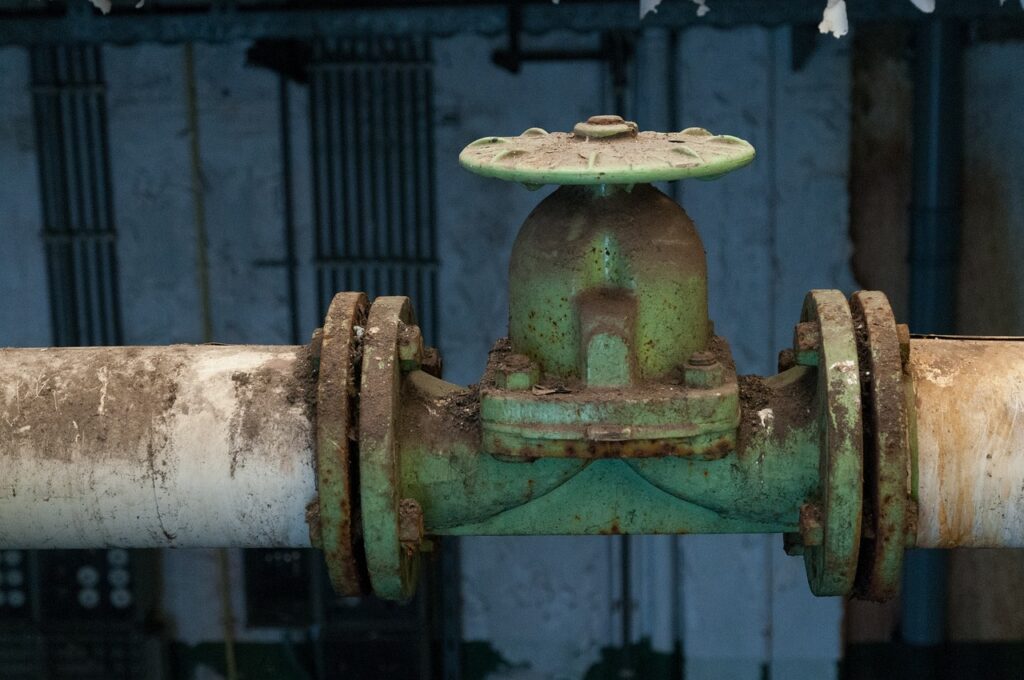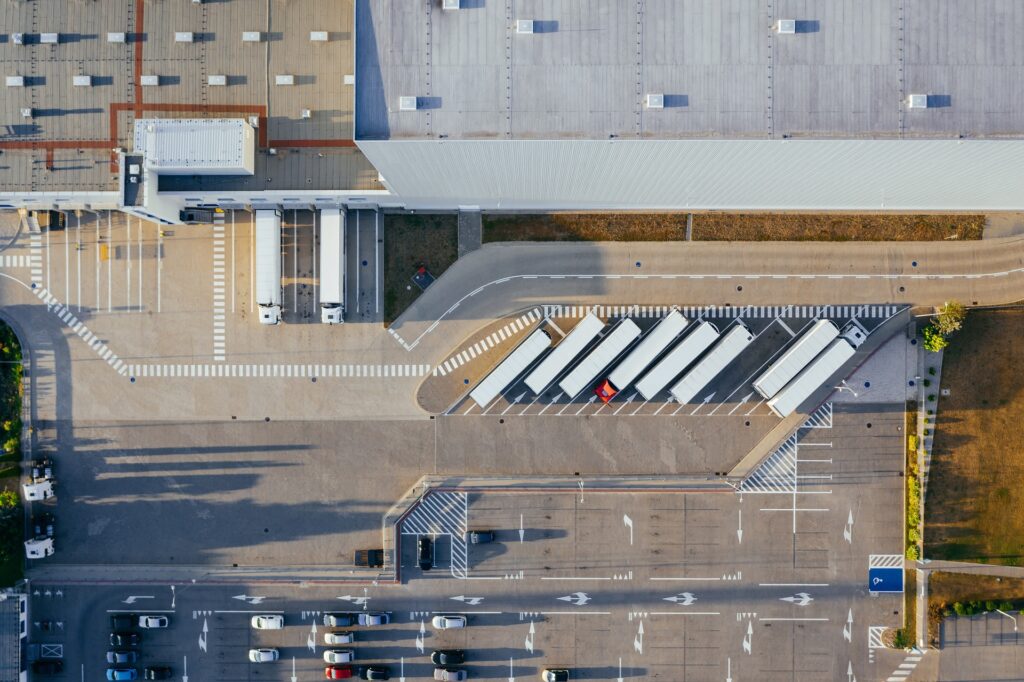- A proposed pipeline project in Houston has sparked concerns about environmental justice as it would pass through predominantly low-income and minority communities.
- The”Bayou Bridge Pipeline” project is designed to transport crude oil from refineries along the Gulf Coast to a terminal in Houston.
- Environmental justice advocates have raised concerns about the potential health and environmental impacts of the pipeline, as well as the disproportionate burden it places on already vulnerable communities.
- The project is currently under review by state and federal regulators, and a decision is expected later this year.
- The debate over the Bayou Bridge Pipeline reflects broader issues of environmental justice, including the unequal distribution of environmental hazards and the need for marginalized communities to have a say in decisions that affect their health and well-being.
By USA TODAY | February 21, 2023
Evidence shows that throughout the U.S., communities of color are more likely to be burdened by various industry infrastructure, disproportionately jeopardizing the health of Black and brown people. Experts say Houston and the pipeline project are microcosms of the nation’s persistent environmental racism that subjects people of color to hazards.
Black people are 75% more likely to live near industrial facilities in “fence line” communities, according to Fumes Across the Fence-Line, a 2017 Clean Air Task Force and NAACP report on air pollution from oil and gas facilities.
Meanwhile, the Biden administration has taken an unprecedented approach to center environmental justice as part of its agenda to acknowledge how industry, climate and disaster has a disproportionate impact on communities of color…
The “genesis of environmental justice research was in Houston,” said Joan Casey, an environmental epidemiologist at the University of Washington and the Columbia Mailman School of Public Health. “Now we’re in 2023, we’re still having this same conversation. This is the way that we’ve operated in the United States for a very long time.”
Read more from USA TODAY.



